Need a Greener Garden? Here's How to Start Sustainable Gardening Today

This post may contain affiliate links. Read the disclosure.
When you plant and nurture your garden in a more eco-friendly and greener way, you’ll use fewer chemicals, have less waste, and you might even have fewer costs. It can add up to a win for the planet too.
Creating a sustainable garden isn’t new, but it’s catching on with veteran and beginner gardeners. The idea behind this phenomenon is to minimize your impact on the earth.
If you follow sustainable gardening practices, you’ll preserve natural resources, avoid polluting the air or earth with chemicals, and reduce your waste whenever you can.
You don’t have to make massive changes at first to start sustainable gardening. You could start by doing something as simple as utilizing natural methods to kill weeds over chemical herbicides.
The following sustainable gardening tips will help you do your part to get a healthier, greener, and happier planet.
Mulch the Area
Not only will mulching naturally prevent weeds from growing in the garden area, but it also helps the soil retain moisture. This is critical in areas with water restrictions.
Add a two or three-inch layer of whichever mulch you choose on your garden bed and around trees or other landscaped areas.
Cocoa bean hulls, shredded bark, grass clippings, pine needles, and coir are sustainable gardening mulch materials.
row Native Plants
Learning how to grow this garden type includes knowing which plants you should feature. Sustainable plants are native to your location, and they’re also called indigenous.
These plants usually don’t need as much water, require less work to thrive and do better than other perennial types because they are used to the rainfall, soil, and climate.
Native plants are adapted to the local climate and require less maintenance than non-native varieties. These plants also provide shelter and food to native bird and insect populations.
Use Sustainable or Eco-Friendly Supplies
You don’t have to run out and purchase single-use gardening supplies. Instead, you should get sustainable alternatives like recycled paper towels and reusable spray bottles. Paper towels will break down if you add them to compost to help enrich it further.
The spray bottles are nice to refill with homemade pesticides or fertilizers to apply to your plants. Essential oils make good pesticides without harming the plants and don’t pollute the environment like traditional pesticides or herbicides.
Grow Edible Plants
Not only is food waste a genuine problem, but it can easily cost you hundreds each year to feed your family with fresh vegetables, herbs, and fruit.
You can grow herbs indoors all year round to help season your dishes. It’s also good to see which vegetables and fruits grow natively in your location.
This will give you a good idea of which plants are less work and which have a better chance of surviving and thriving in your garden.
Growing fruits, vegetables, herbs, and spices can save money while reducing environmental impact.
Water Less
Using less water is very important for sustainability, especially in areas with water restrictions.
Water only when necessary and use efficient irrigation methods such as drip systems or soaker hoses. Consider installing a rain barrel to collect rainwater in your garden and plants whenever you need it.
You could introduce xeriscaping. This gardening method reduces how much water you need to keep everything alive and incorporates a range of drought-resistant perennials and shrubs.
Plant Perennials
Perennials are long-lived plants; they’re a great way to get more money from each plant you buy. Pick out perennials that fit your USDA Zone, and you can tell if they do by looking at the plant tag.
Start by purchasing small perennials and allow them to get better and bigger each year they come back. You’ll need to dig up and divide your plants every few years, giving you more plants to place around your landscaping or garden.
Compost
Composting is one of the best ways to get sustainable gardening practices in place. Compost your green waste like dried leaves, grass clippings, eggshells, flower remnants, and more.
This will break down and turn into a very nutrient-rich fertilizer that you can spread around your garden, put in your pots, or add to your flower beds to feed whatever you plant.
Composting is an easy way to recycle kitchen scraps into nutrient-rich soil for use in the garden!
Cut Grass To The Ideal Height
Cutting the grass in your garden to a height of 2” – 3” can be beneficial for weed prevention and water conservation. This lower height helps inhibit the growth of weeds by reducing the amount of sunlight they are exposed to and the amount of water lost through evaporation from your lawn.
Not only does this require less maintenance and watering, but it also results in a healthier garden overall.
Utilize shade
Incorporating shade into your garden can be an effective way to make it more sustainable. Adding trees and shrubs around the perimeter of your garden provides a natural shelter from the sun, allowing plants to conserve more water while encouraging beneficial insects and wildlife that thrive in shaded habitats.
This reduces water loss through evaporation and helps protect fragile seedlings and small transplants, which need extra protection when establishing themselves in the garden.
If positioned correctly, shade from trees can also lower the cost of keeping your house cool in the summer.
Lose your lawn (or part of it)
Replace some or all of your lawn with native plants or other low-maintenance options like gravel or wood chips.
Plant a windbreak
Planting trees around the perimeter of your property can reduce winter heating bills by blocking cold winds from entering your home or garden area.
Reuse resources
Find creative ways to reuse plastic containers, old tires, pallets, etc., to create planters and other garden features without purchasing new materials each time you want to change the garden space.
Bottom Line: Sustainable Garden Tips
With a little effort, sustainable gardening can be an easy and rewarding task. Taking the time to create an eco-friendly garden benefits not only us but our environment as well!
By being mindful of these tips and practices, you can help make the world a greener place in no time.

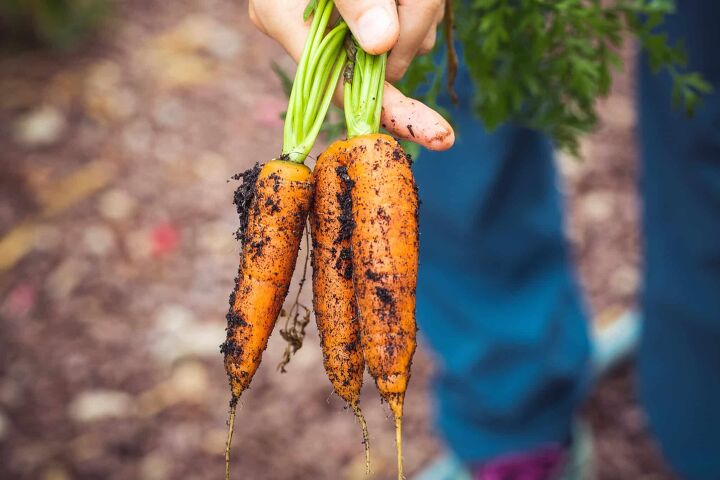


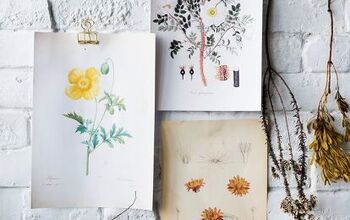



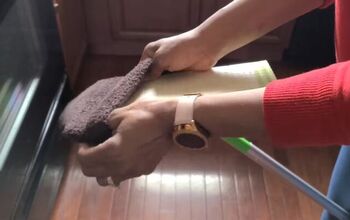
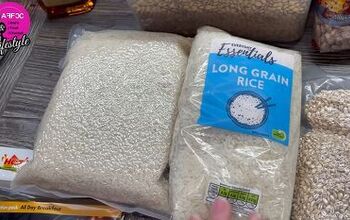

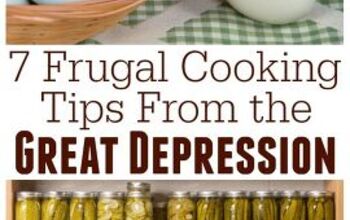



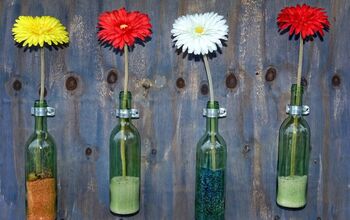
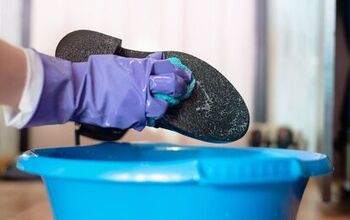
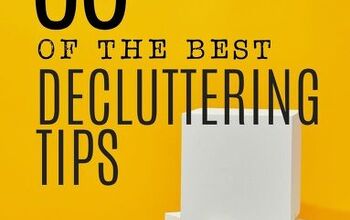
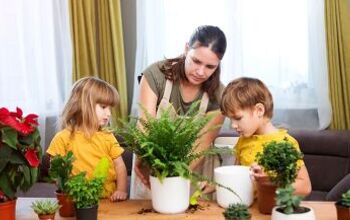
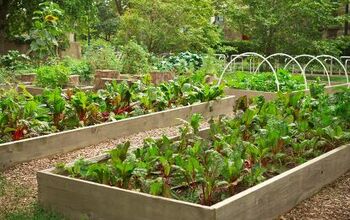
Comments
Join the conversation
thanks for the tips. I do some vegetable gardening. Can you share some tips for home made organic pesticides for vegetable plants please.
How about using straw over newspaper for mulching purposes?